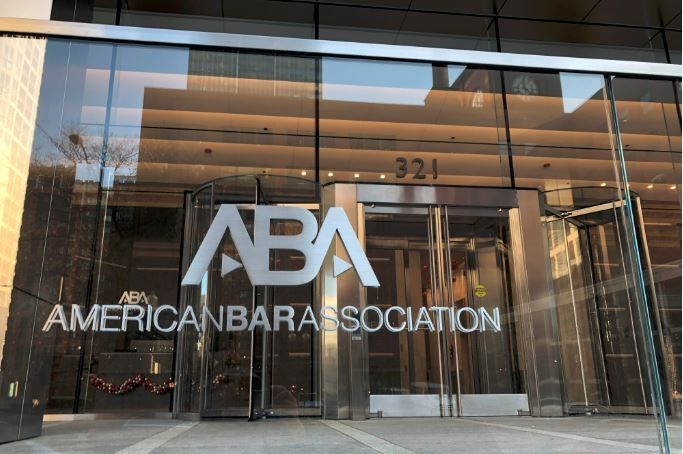
The American Bar Association’s Section of Legal Education and Admissions to the Bar recently convened in Chicago on May 17, 2024, to deliberate on the accreditation of online-only law schools. Despite facing opposition from law school deans and grappling with logistical complexities, the council made strides in advancing discussions on the feasibility and standards required for accrediting fully online legal education institutions.
Want to know if you’re earning what you deserve? Find out with LawCrossing’s salary surveys.
Pushback and Contemplation
In a significant move, the council opted to delve deeper into the examination of standards necessary for accrediting online-only law schools. This decision comes amidst resistance from several law school deans, who raised pertinent questions regarding the efficacy and necessity of such a shift. Notable among them were representatives from esteemed institutions like the Villanova University Charles Widger School of Law, the University of California at Berkeley School of Law, and Penn State Dickinson Law. Their concerns primarily revolved around the lack of clarity regarding bar passage rates and employment outcomes for graduates of online law programs.
Proponents’ Perspective
Conversely, faculty and students from Purdue Global Law School, an online-exclusive legal education provider, voiced their support for the initiative. Advocates argue that fully online law schools could potentially democratize legal education by offering more affordable tuition compared to traditional brick-and-mortar institutions. The accessibility and flexibility inherent in online learning platforms could foster diversity among students and facilitate participation from individuals residing in remote areas.
Procedural Hurdles Ahead
While the prospect of fully remote legal education remains on the table, numerous procedural steps must be undertaken before any definitive decisions are made. The standards committee is tasked with formulating specific regulations tailored to online-only law schools, a process necessitating extensive consultation with stakeholders from the legal and higher education sectors. Key considerations include establishing protocols for institutional presence, addressing academic integrity concerns, and devising strategies to maintain student privacy.
Path to Approval
Following the drafting of comprehensive rules, the council will subject them to public scrutiny through a notice and comment period, allowing for broader community feedback. Subsequent approval by the council will pave the way for submission to the ABA House of Delegates, the ultimate authority on matters of accreditation. Judge Bridget Mary McCormack, council chair and esteemed legal figure, emphasized the urgency of addressing access to justice concerns and the escalating costs of legal education, underscoring the significance of this deliberative process.
Don’t be a silent ninja! Let us know your thoughts in the comment section below.
